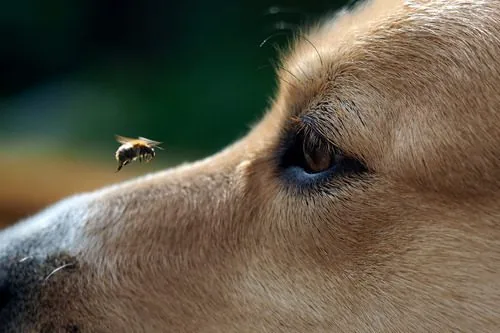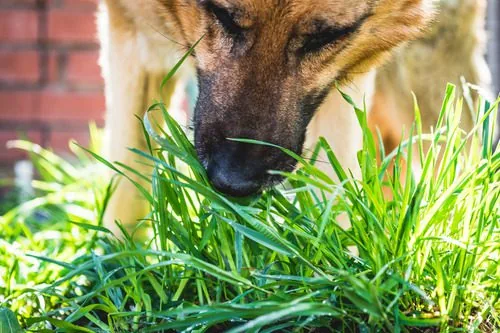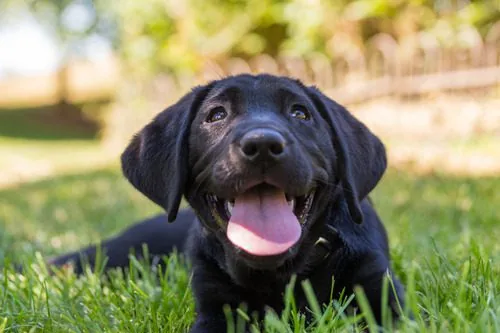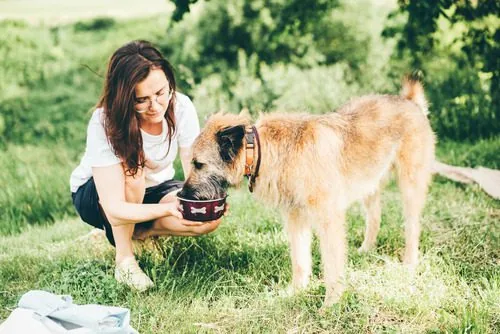What To Do If Your Dog is Stung by a Bee
As warmer weather arrives and outdoor activities increase, so does the risk of your dog encountering bees. Despite their small size, bees can cause significant discomfort and even serious health issues for dogs. At Boughton Square Animal Clinic in Bolingbrook, Illinois, we understand how distressing it can be to see your pet in pain. This blog will guide you through recognizing the symptoms of a bee sting, understanding the potential risks, and taking preventative measures to protect your dog. Should you need immediate assistance, remember to call us at (630) 759-0093 or schedule an appointment.

Common Signs of Bee Stings in Dogs
It’s crucial for dog owners to quickly recognize the signs of a bee sting to effectively manage the situation. Here are the most common symptoms:
- Swelling and Redness: The sting site often swells and becomes red. This can occur on any part of the body, though stings on the face or paws are most visible.
- Pain: Dogs may whimper, whine, or show discomfort through limping or constant pawing at the face or bitten area.
- Itching and Scratching: Affected dogs frequently scratch at the sting area, which can lead to further irritation or infection.
- Hives: Look for small, round, raised bumps on the skin, which indicate an allergic reaction.
- Drooling: Increased salivation can be a sign of nausea or oral pain, especially if the sting is inside the mouth.
Identifying these symptoms promptly can help you react swiftly to alleviate your dog’s discomfort and prevent more serious complications.
The Risks Associated With Bee Stings
Although many bee stings can be treated without veterinary intervention, they can pose significant health risks depending on the dog’s allergic reaction and the sting’s location. Here are key concerns:
- Allergic Reactions: Some dogs are allergic to bee venom. Symptoms can escalate quickly to more severe reactions, including difficulty breathing, severe swelling, and signs of shock.
- Multiple Stings: Dogs disturbing a bee nest can suffer multiple stings, which can be fatal due to the large amount of venom injected.
- Stings Inside the Mouth or Throat: These are particularly dangerous as they can cause swelling that blocks the airways.
Understanding these risks is vital as they dictate the urgency of needing veterinary care.
When to Seek Veterinary Attention
Prompt action is required if your dog shows any signs of a severe allergic reaction or if the sting occurs in a critical area like the mouth or throat. If your dog experiences persistent symptoms, or exhibits signs such as excessive swelling, difficulty breathing, or collapse, it’s a medical emergency. When in doubt about the severity of the reaction, it’s always safer to consult with our veterinarians. Please call Boughton Square Animal Clinic immediately at (630) 759-0093. Our trained staff are ready to provide the necessary care your dog needs.
How to Safeguard Your Dog
While it’s not possible to completely eliminate the risk of bee stings, you can significantly reduce it by taking a few simple precautions:
- Keep your dog away from gardens and plants that attract bees.
- Food can attract bees, so try to avoid outdoor feeding during peak bee activity times.
- Reduce flower blooms in your yard and seal cracks or holes where bees might nest.
- Keeping your dog on a leash will help you steer them clear of encountering bees.
- Training your dog to obey the “leave it” command can prevent them from snapping at bees or exploring dangerous areas.
By following these steps, you can help keep your dog safe from bee stings as you enjoy the outdoors together.
When and How to Respond to Bee Stings in Dogs
Bee stings can range from a minor irritation to a severe health threat for dogs. Being prepared to identify the symptoms and understanding when to seek professional help are your best tools in managing these incidents. At Boughton Square Animal Clinic, we are committed to ensuring the health and safety of your beloved pet. If you suspect your dog has been stung by a bee, call us at (630) 759-0093 or make an appointment. Remember, your vigilance can make a significant difference in your dog’s comfort and safety.
Recent Posts
6 Possible Causes for Your Cat’s Sneezing
6 Possible Causes for Your Cat’s Sneezing Cats are known for their curious and playful nature, but…
Why is My Dog Eating Grass?
Why is My Dog Eating Grass? Dogs are known for their curious behaviors, and one that often…
Can Dogs Eat Marshmallows?
Can Dogs Eat Marshmallows? Marshmallows are a popular treat for many people, but pet owners often wonder,…
Can Dogs Get Sunburn?
Can Dogs Get Sunburn? As summer approaches and the days get longer, many pet owners look forward…
Dog Dehydration: Symptoms, Treatment and Prevention
Dog Dehydration: Symptoms, Treatment and Prevention Dehydration in dogs is a common but often overlooked condition that…
About Boughton Square Animal Clinic
Since 1979, Boughton Square Animal Clinic has served Bolingbrook, IL and surrounding communities as both a veterinary care provider and a devoted partner in treating your animal family members for life.






